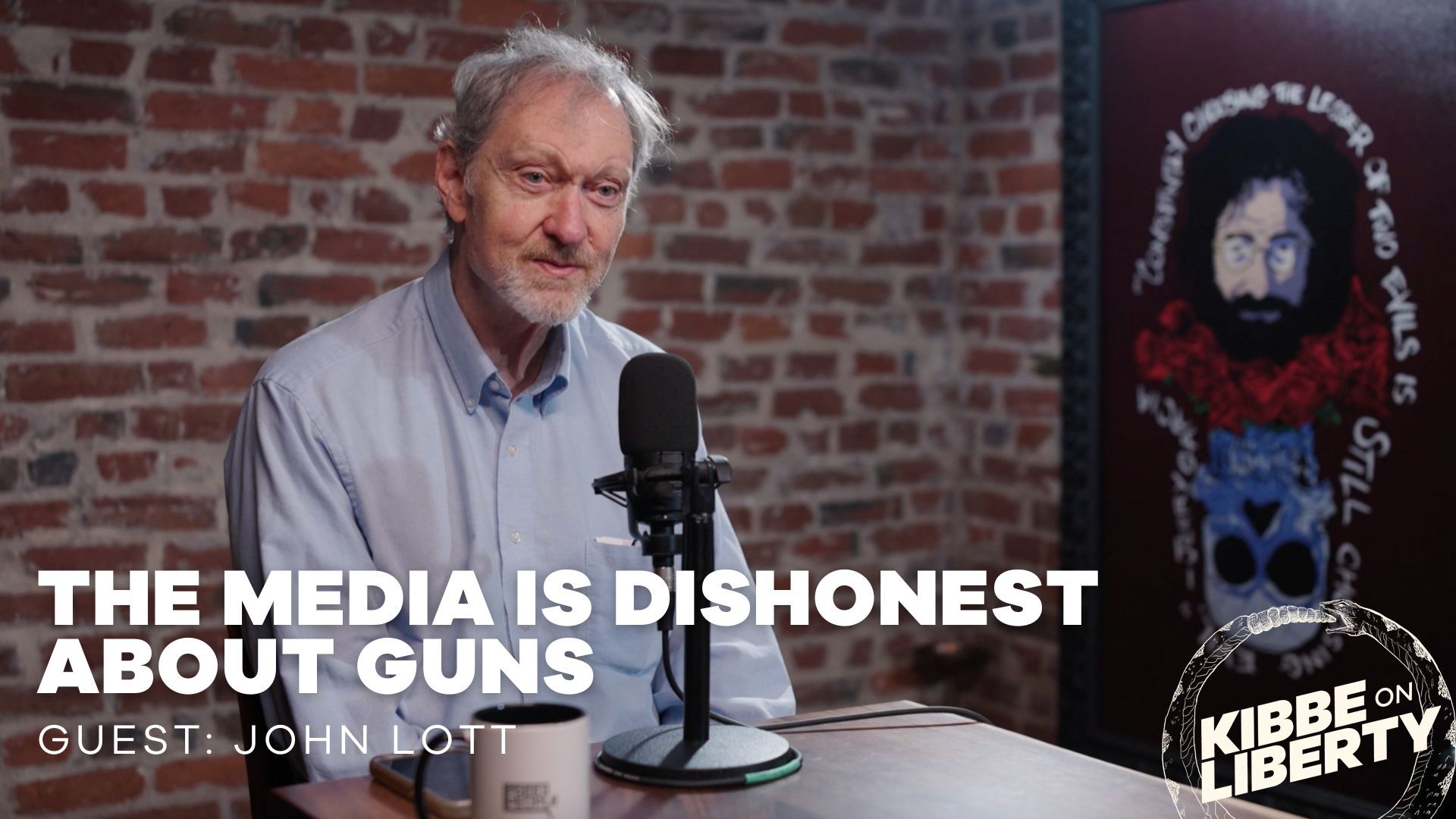
Creating a Kinder, More Compassionate Form of Politics
In recent years, political discourse has become increasingly centred around personalities rather than policies. Rather than engaging in meaningful debates about the issues that affect our society, politicians have resorted to using soundbites and divisive rhetoric to capture attention and generate controversy.
Unfortunately, this toxic approach to politics has created a climate of animosity and distrust that makes it difficult to have meaningful conversations about the issues that matter most.
It’s become all too easy to attack and condemn others whose views differ from our own, rather than seeking to understand and empathize with them.
But there is another way. Instead of resorting to toxic rhetoric and personal attacks, we can strive to create a kinder, more compassionate form of politics. This means engaging in debates and discussions with respect and understanding, even when we strongly disagree with one another.
Of course, this is easier said than done. It’s natural to feel passionate and emotional about the issues that matter most to us, and it can be difficult to remain calm and respectful when we feel like our values and beliefs are being threatened. But it’s precisely in those moments of tension and conflict that we need to lean into our commitment to humanity and find a way to engage in a more constructive way.
One key to engaging in kind politics is to approach every discussion with an open mind and a willingness to learn from others. Even if we ultimately disagree with someone’s views, we can still try to understand where they’re coming from and why they hold the beliefs they do. By doing so, we can build empathy and connection with others, even in the face of disagreement.
Another key is to focus on the issues themselves, rather than attacking or condemning the people who hold different views. This means avoiding personal attacks and instead engaging in a respectful, fact-based debate that seeks to uncover the truth and find common ground wherever possible.
Ultimately, the goal of kind politics is not to erase our differences or pretend that we all agree on everything. It’s simply to create a more constructive and respectful political environment that allows us to engage with one another in a meaningful way. By embracing the values of respect, empathy, and understanding, we can build a political culture that is focused on progress and shared values, rather than toxic rhetoric and divisive soundbites.
Free the People publishes opinion-based articles from contributing writers. The opinions and ideas expressed do not always reflect the opinions and ideas that Free the People endorses. We believe in free speech, and in providing a platform for open dialogue. Feel free to leave a comment.




Conti Movies
Film partnerships contribute to Conti’s rich and varied international film collection.